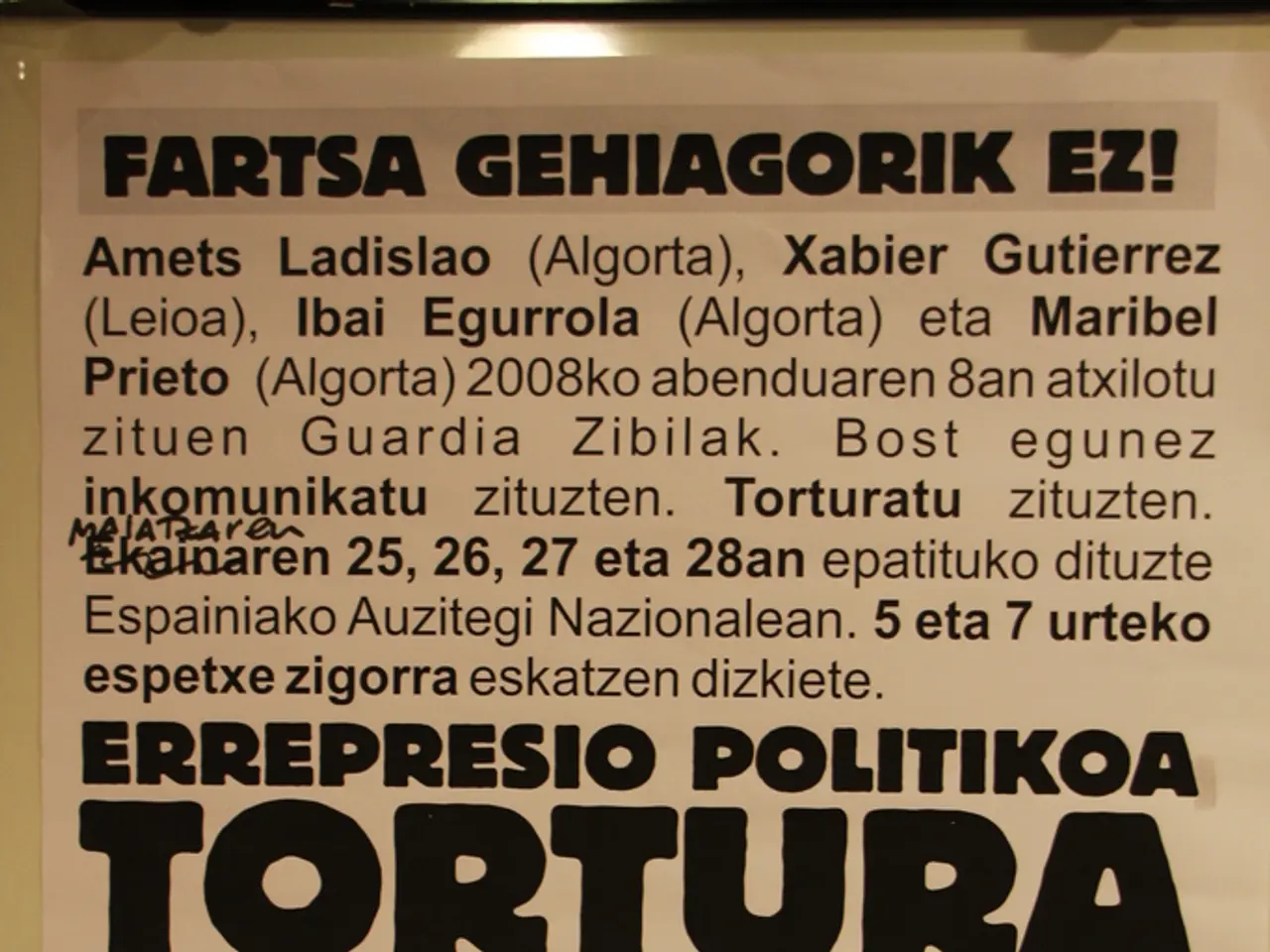Judicial body annuls home detention of ex-Colombian president Álvaro Uribe, mandating his liberation
Former Colombian President Álvaro Uribe, who was sentenced to 12 years of house arrest for procedural fraud and bribery in early 2025, has seen his house arrest order overturned by the Colombian tribunal. This development comes as Uribe's legal team appeals the conviction, which marked a significant event in the history of Colombia as he was the first former president to be sentenced for a crime.
The Bogota Superior Tribunal is currently reviewing Uribe's appeal, and key updates on the process include:
- Uribe waived the statute of limitations on his case, which means the court can take an indefinite amount of time to rule on the appeal without the case being dismissed for expiring deadlines.
- The Bogota appeals court ordered Uribe’s release from house arrest while the appeal is being considered, citing that he is no longer considered a flight risk. As a result, Uribe is currently free pending the final appeal decision.
- Two magistrates from the Superior Court of Bogotá annulled part of the original ruling on grounds that Uribe’s fundamental rights were violated when he was sentenced to serve without waiting for an appeal decision. This supports Uribe’s defense argument that the initial trial was politically motivated, and the case is still highly contested.
- The appeals court cleared its agenda to focus specifically on Uribe’s case, highlighting the political sensitivity and national significance of this trial.
- The appeal outcome is highly consequential not only legally but politically, with a ruling expected after October 16 being pivotal in either confirming conviction, acquitting Uribe, or potentially allowing the case to close if the statute of limitations were applied—which Uribe has now waived to avoid.
The investigation and trial attracted significant attention due to allegations involving paramilitary groups and corruption during Uribe’s presidency (2002-2010), and Uribe's team claims the trial is a politically motivated attack by opponents aligned with current President Gustavo Petro.
In addition to arguing errors of fact and law in the ruling, Uribe’s legal team also contended that the ruling was based on "notoriously biased assessments" and "incurable flaws." The overturning of Uribe's house arrest order further supports these claims, as the tribunal found that the initial ruling violated Uribe's fundamental rights.
As the appeals court continues to review Uribe’s case, a definitive ruling is awaited but may take considerable time. The outcome of the appeal will have significant implications for Uribe, as well as for the Colombian judicial system and the country's political landscape.
[1] Report on the Uribe case prepared by Luis Jaime Acosta. [2] The Colombian judicial system is currently under scrutiny for potential corruption and bias, as highlighted by the Uribe case. [3] The Uribe case marks a significant event in the history of Colombia, as he is the first former president to be sentenced. [4] The Uribe case involves allegations of witness tampering. [5] The appeal was made by Uribe's legal team after his initial conviction in August.







